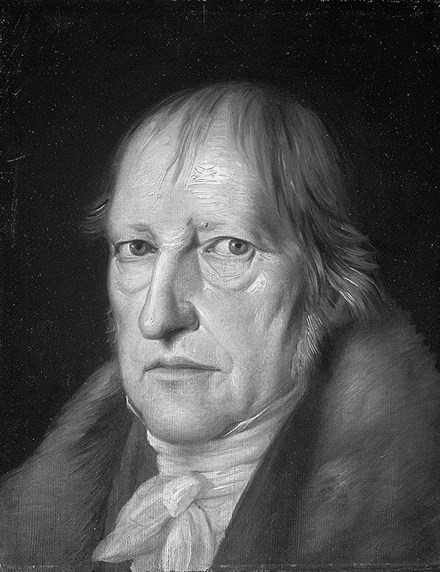
Publication details
Publisher: Springer
Place: Berlin
Year: 2013
Pages: 271-285
Series: Studies in East European Thought
Full citation:
, "Il'enkov's Hegel", Studies in East European Thought 65, 2013, pp. 271-285.


Il'enkov's Hegel
pp. 271-285
in: David Bakhurst, Ilja Kliger (eds), Hegel in Russia, Studies in East European Thought 65, 2013.Abstract
This paper examines Hegel's place in the philosophy of Eval'd Il'enkov (1924–1979). Hegel's ideas had a huge impact on Il'enkov's conception of the nature of philosophy and of the philosopher's mission, and they formed the core of his distinctive account of thought and its place in nature. At the same time, Il'enkov was victimized for his "Hegelianism" throughout his career, from the time he was sacked from Moscow State University in 1955 to the ideological criticisms that preceded his death in 1979. After considering Hegel's influence on the history of Russian thought, the paper focuses on Hegelian themes in Il'enkov's 1974 book, Dialektičeskaja logika and evaluates their philosophical significance. Finally, parallels are explored between Il'enkov's situation at the end of his life and the plight of Nikolaj Bukharin, incarcerated in the Lubjanka prison in 1936 and at work on Philosophical arabesques. Both thinkers confronted the contradiction between their confidence in the rationality of history and the tragic absurdity of Soviet reality, and both responded by affirming their fidelity to Lenin and his vision of Marxism. In this way, they sought to make sense of their respective situations in the face of extreme adversity. That they so much as thought it worth trying owed much to Hegel's influence.
Cited authors
Publication details
Publisher: Springer
Place: Berlin
Year: 2013
Pages: 271-285
Series: Studies in East European Thought
Full citation:
, "Il'enkov's Hegel", Studies in East European Thought 65, 2013, pp. 271-285.


